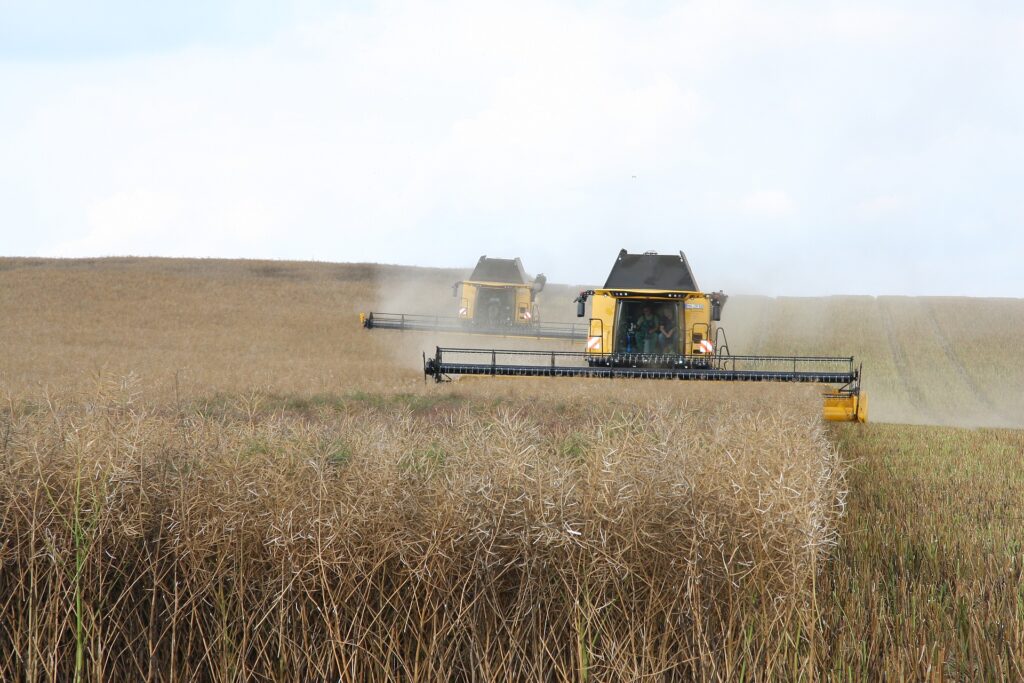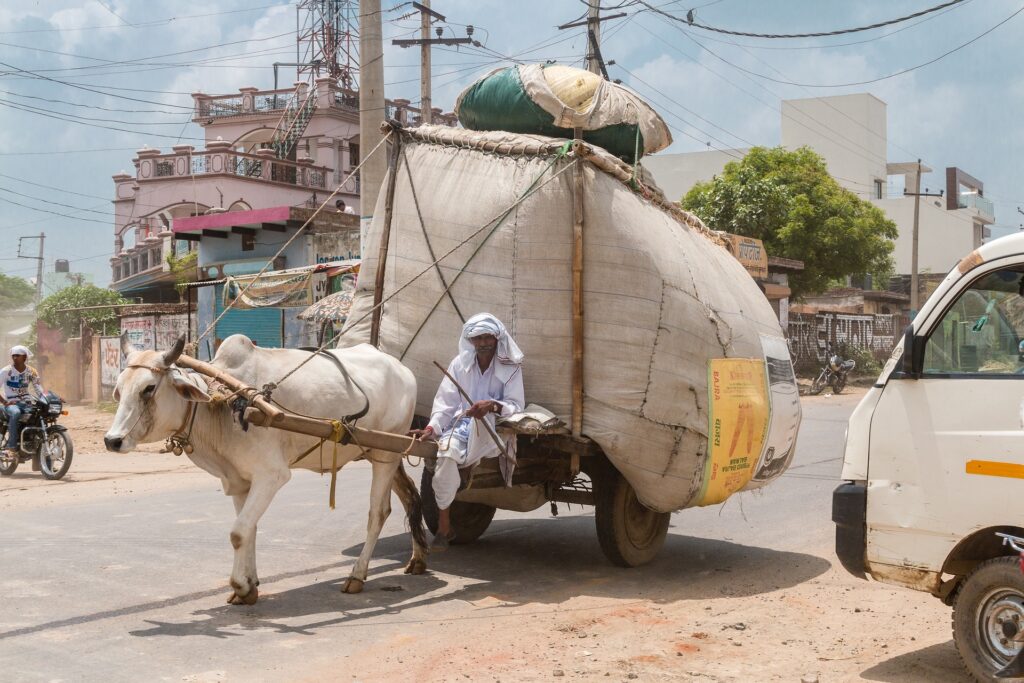Farm tractors have revolutionized agriculture worldwide, and their impact is profoundly felt in India, where agriculture remains a vital sector. These powerful machines have transformed traditional farming practices, making agriculture more efficient and productive. In India, farm tractors are not just a tool; they are an integral part of modern farming operations.

What is a Farm Tractor?
A farm tractor is a versatile agricultural vehicle designed to perform a range of tasks on the farm. Equipped with powerful engines, tractors are used for plowing, tilling, planting, harvesting, and transporting agricultural products. They can be fitted with various attachments and implements to enhance their functionality and adaptability.

Significance of Farm Tractors in India
Increased Productivity: Tractors have significantly increased agricultural productivity by reducing the time and labor required for various farming operations. Tasks that once took days can now be completed in hours, allowing farmers to manage larger areas of land more efficiently.
Improved Soil Management: Tractors facilitate better soil preparation through activities such as plowing and tilling. This improves soil aeration, enhances water infiltration, and promotes healthier crop growth. Proper soil management is essential for sustainable agriculture and increased crop yields.
Enhanced Crop Management: With the ability to perform multiple tasks, tractors support efficient crop management. They can be used for planting, fertilizing, and harvesting, streamlining the agricultural process and ensuring timely operations.
Labor Savings: The introduction of tractors has reduced the dependence on manual labor, which is particularly beneficial in a country with a growing population and labor shortages. This shift not only lowers labor costs but also helps in addressing labor shortages during peak farming seasons.
Versatility: Modern tractors can be equipped with various attachments, such as plows, harrows, seeders, and harvesters, making them adaptable to different types of farming tasks. This versatility allows farmers to use a single machine for multiple purposes, optimizing their investment.

Challenges in Tractor Adoption
High Initial Cost: The cost of purchasing a tractor can be substantial, especially for small-scale farmers. Although there are government subsidies and financing options available, the initial investment remains a significant barrier for many.
Maintenance and Repairs: Tractors require regular maintenance and occasional repairs. Access to skilled technicians and spare parts can be challenging, particularly in remote areas. Proper maintenance is crucial to ensure the longevity and efficiency of the machine.
Skill Requirements: Operating modern tractors and their attachments requires technical skills and training. Farmers need to be trained to use these machines effectively and safely, which can be a challenge in areas with limited resources.
Environmental Concerns: The use of tractors, particularly older models with less efficient engines, can contribute to environmental issues such as soil compaction and increased greenhouse gas emissions. Transitioning to more eco-friendly models and practices is essential for sustainable agriculture.

Government Initiatives and Support
The Indian government has implemented several programs to support the adoption of farm tractors:
Subsidy Programs: Schemes such as the Agricultural Mechanization Scheme provide subsidies to farmers for purchasing tractors and other agricultural machinery. These subsidies help reduce the financial burden on farmers and encourage mechanization.
Training and Extension Services: The government, through various agricultural extension services, offers training programs to educate farmers about the use and maintenance of tractors. This helps ensure that tractors are used effectively and efficiently.
Finance and Credit Facilities: Financial institutions provide loans and credit facilities to farmers for purchasing agricultural machinery, including tractors. These financial products are designed to make it easier for farmers to invest in modern equipment.

The Future of Farm Tractors in India
The future of farm tractors in India looks promising with advancements in technology and innovation. The development of electric and hybrid tractors, as well as the integration of precision farming technologies, will further enhance the efficiency and sustainability of farming operations.

Conclusion
Farm tractors have become a cornerstone of modern agriculture in India, transforming traditional farming practices and boosting productivity. Despite challenges such as high costs and maintenance issues, the benefits of tractors in terms of efficiency, productivity, and labor savings are undeniable. By continuing to support tractor adoption and addressing associated challenges, India can further advance its agricultural sector and ensure a sustainable future for farming.